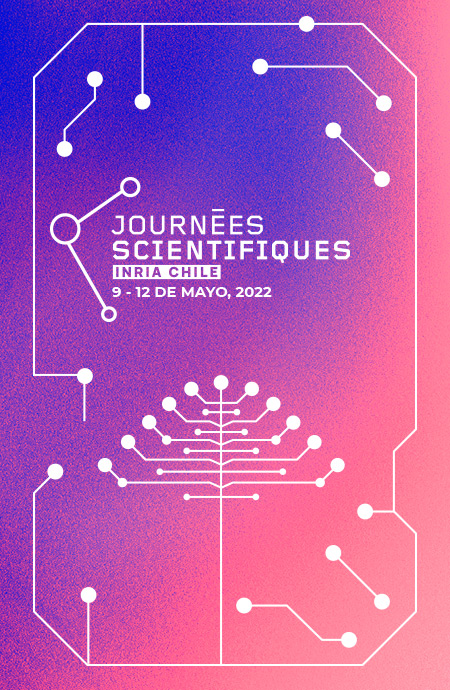

The idea of Open Science stems from the need to facilitate access for scientific results, both for researchers, industries and society as a whole. The benefits of making scientific advances available are obvious. They allow universal and unrestricted free access to discoveries, data and resources. Concepts such as Free Software, Open Data and Open Peer Review are some of the terms related to this paradigm in the way of doing and relating to science and scientific research.
For Inria –both in Chile and in France– democratizing access to science and doing science is one of its priorities. For this reason, in the recent Journées Scientifiques Inria Chile 2022 they dedicated a section to discussing Open Science, in a round table with the participation of Laurent Romary, director of Culture and Scientific Information at Inria; Patricia Muñoz, deputy director of Networks, Strategies and Knowledge of the National Research and Development Agency (ANID), and María José Escobar, associate professor at the Federico Santa María Technical University and co-leader of the MAGMA Associated Team.
The conversation revolved around the opportunities to open content, research and results to continue developing science, innovation and technology, about the benefits that digitization and AI have delivered, and the future that is expected around the subject.
Laurent Romary referred to the OpenScience initiatives that Inria is currently leading, at a national and international level, such as HAL, a multidisciplinary open archive that is intended for the deposit and dissemination of scientific articles at the research and thesis level, coming from educational institutions and French or foreign research institutes, public or private laboratories.


Another speaker was Patricia Muñoz, who highlighted how Chile, from the ANID, has as one of its strategic objectives to have a system that allows publishing and using information and data so that it can be used for the benefit of the social and economic development of the country.


Finally, María José Escobar stated how the benefits of the development of Artificial Intelligence and digitalization are not reaching everyone, and that for Chile it is important to take advantage of these advances, minimizing the risks of adoption, for which the democratization of knowledge is essential. fundamental.


One of the most important aspects of the conversation after the presentations was about the relationship and the necessary balance between intellectual property and open science in the face of innovation. One of the elements highlighted by Laurent Romary is the use that the European Patent Agency has given to the HAL repository to verify software patent applications from companies and to make software, data and research available to favor collaboration and the development of science and innovation. On the other hand, María José Escobar revealed that the data should be open access and the protection of intellectual property be limited to the applications developed.
Likewise, the opportunity that the interconnection between HAL and the SciELO collection platform could mean, which in Chile has been maintained since 1998 by ANID and which operates internationally, being part of the access policy of the Chilean State with international cooperation in the center in order to generate economies of scale and facilitate the development of knowledge, according to Patricia Muñoz.